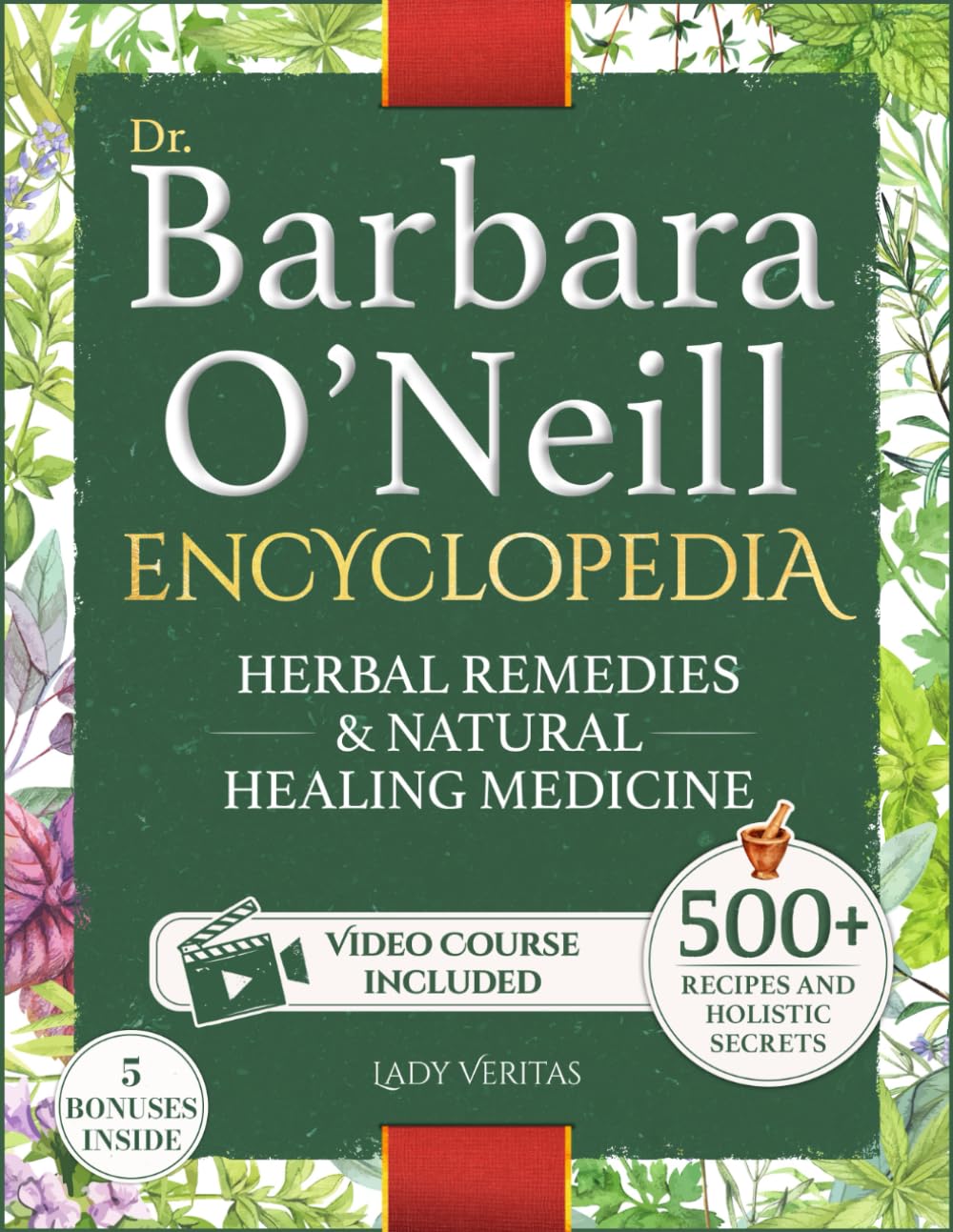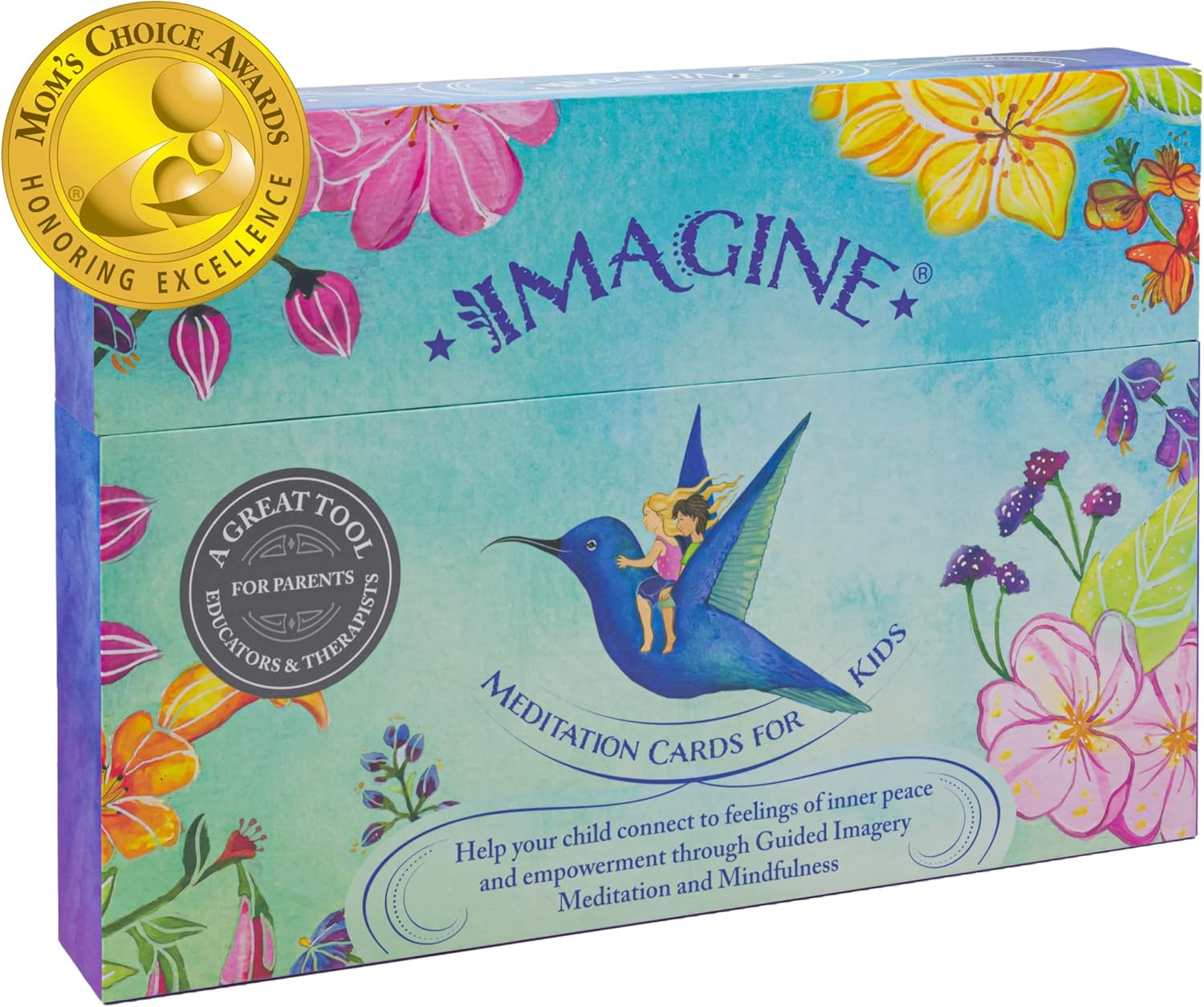Today, I'm here to guide you on a fascinating journey of cultivating your very own medicinal garden. Imagine having a garden filled with vibrant plants that not only beautify your space but also offer a treasure trove of natural remedies to support your health and well-being. In this blog post, we'll explore the benefits of growing your own medicinal garden, practical tips to get started, and some wonderful resources to help you along the way. Let's dive in!
Table of Contents
Benefits of a Medicinal Garden
Creating a medicinal garden comes with a myriad of benefits for your overall well-being. Not only does it allow you to connect with nature and experience the joy of gardening, but it also empowers you to take control of your health naturally. Here are a few key advantages:
Access to Natural Remedies
Growing medicinal plants grants you immediate access to a wide range of natural remedies. From soothing herbs for stress relief to potent herbs for boosting immunity, your garden becomes a living pharmacy.
Cost-Effective Solutions
By cultivating your own medicinal garden, you can save money on store-bought remedies. Plus, you'll always have fresh ingredients at hand, ensuring maximum potency and effectiveness.
Sustainability and Environmental Consciousness
Growing your own plants reduces your carbon footprint, as it eliminates the need for transportation and packaging. You can also practice eco-friendly gardening techniques, such as composting and water conservation, to contribute to a healthier planet.
Therapeutic and Stress-Relieving
Gardening itself has been proven to be a therapeutic activity that reduces stress and anxiety. By immersing yourself in the nurturing process of growing plants, you create a serene sanctuary that promotes relaxation and well-being.
Getting Started with Your Medicinal Garden
Now that we've explored the benefits, let's delve into the practical steps to kickstart your very own medicinal garden:
Research and Planning
Begin by researching which plants are suitable for your region and the health benefits they offer. Consider factors like climate, sunlight, and soil requirements. Make a list of the plants you're interested in growing and create a basic layout for your garden.
Prepare the Soil
Ensure your garden has well-drained soil enriched with organic matter. Compost, aged manure, and natural fertilizers can help improve soil fertility. Remove any weeds or unwanted plants from the area before you start planting.
Start with Easy-to-Grow Herbs
If you're new to gardening, it's best to start with easy-to-grow medicinal herbs such as lavender, chamomile, mint, and lemon balm. These herbs are resilient and adapt well to various growing conditions.
Planting and Maintenance
Follow the instructions on seed packets or plant labels for optimal planting depth and spacing. Water your plants regularly, but avoid overwatering. Mulching can help retain moisture and suppress weeds. Additionally, be mindful of pests and use natural pest control methods whenever possible.
Harvesting and Preserving
Learn about the ideal time to harvest different parts of the plants, such as leaves, flowers, or roots. Proper harvesting techniques ensure the highest potency and maintain the plant's long-term health. Explore various methods for preserving and storing your harvested herbs, such as drying or making herbal extracts and tinctures.
Additional Resources
To expand your knowledge and embark on this fulfilling journey, here are some valuable resources you can explore:
Websites:
GardeningKnowHow.com This website offers comprehensive articles, and resources on gardening. You can learn about various plants, their medicinal properties, and how to incorporate them into your garden and daily life.
The Old Farmer's Almanac (www.almanac.com): A trusted resource for gardening enthusiasts, this website provides information on planting schedules, gardening tips, and specific advice for growing medicinal plants. They also have a lively online community where you can connect with fellow gardeners and exchange ideas.
Seed kits:
Local Gardening Groups and Classes:
Check if there are any local gardening groups or classes in your area that focus on medicinal plants and herbs. Connecting with experienced gardeners and herbalists can provide valuable insights and hands-on learning opportunities.
Botanical Gardens and Arboretums:
Visit your local botanical gardens or arboretums to explore diverse plant collections and gain inspiration for your medicinal garden. Many of these institutions offer workshops and educational programs on gardening and herbalism.
Remember, growing a medicinal garden is a journey of learning and discovery. Start small, experiment with different plants, and embrace the joy of nurturing nature. Happy gardening and holistic well-being!




